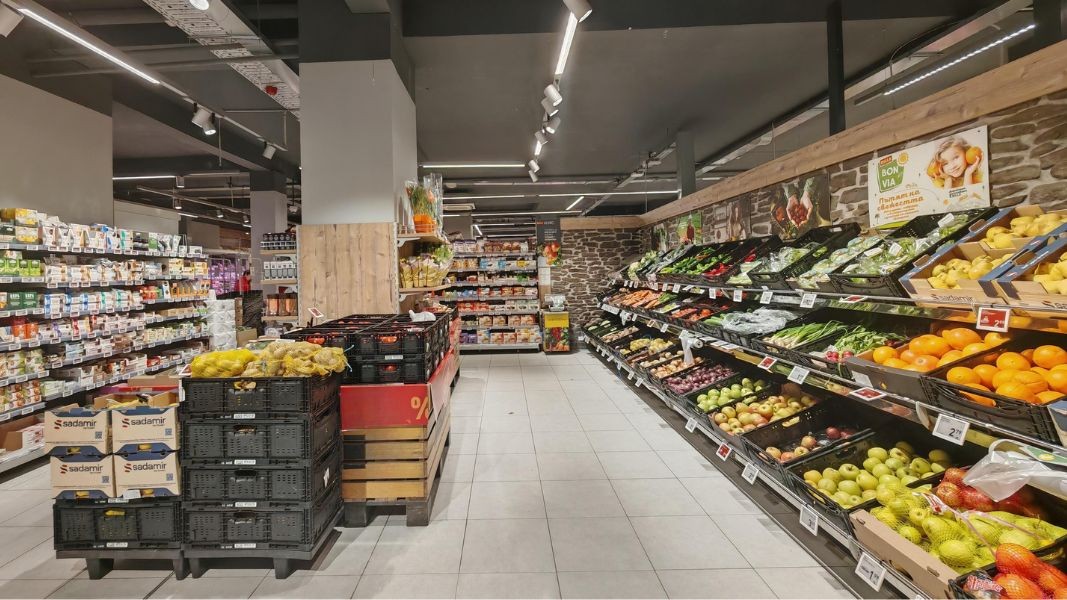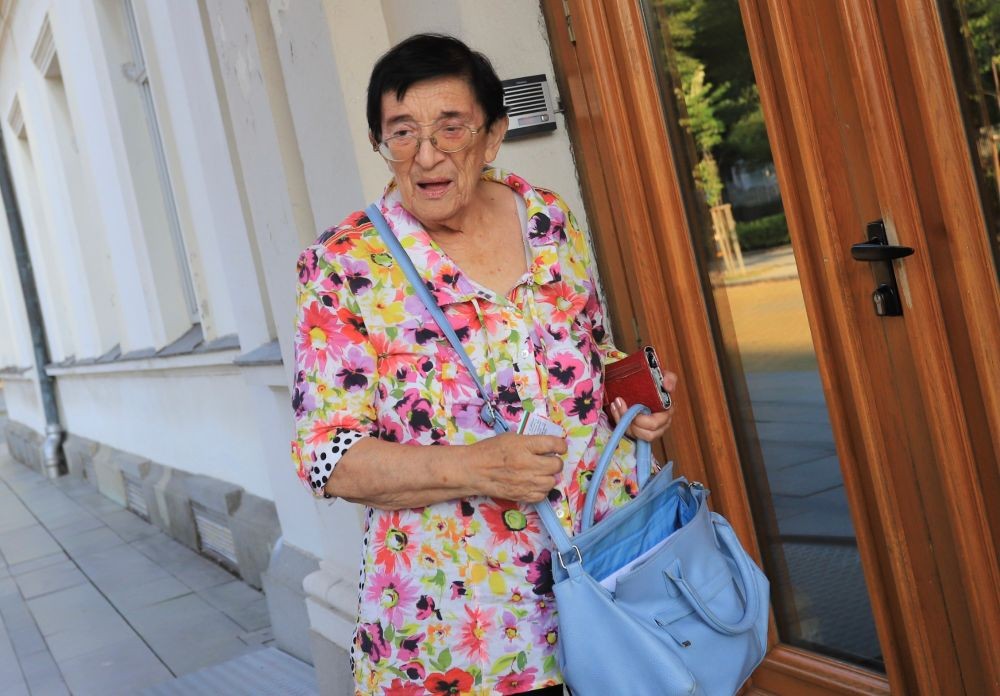Payment of the new, higher pensions, which came into effect at the start of the month, has begun. This increase was implemented under the so-called 'Swiss rule', which adjusts pensions in Bulgaria in line with inflation. This time, the increase is 8.6%.
The average pension is expected to reach the psychological threshold of 1,000 leva (€511) by the end of the year, standing at 975 leva and 18 stotinki (€498). The minimum pension for insured persons has also increased, standing at 630 leva (€322) now. The social pension for individuals who have reached retirement age but have not made sufficient social security contributions will also increase to 333 leva (€170).

But do older people actually benefit from this higher income, or are the extra funds simply being swallowed up by rising prices? We conducted a short survey to find out.
Lachezar is a former teacher. Having retired nearly two decades ago, he does not feel any richer. Moreover, he is concerned about what will happen when Bulgaria adopts the euro on 1 January 2026.
“I haven’t received my new pension yet. This increase won’t solve anything because the average pensioner is still living below the poverty line.
I'm really nervous about the introduction of the euro. I'm against changing the currency — I want Bulgaria to keep the lev. I don't want the whole country to serve the interests of 300–400 people. The plan is to put our reserves into the European Bank while our leaders steal the money from Brussels," Lachezar predicts gloomily.
Anna is a former factory worker from the socialist era who has worked in the private sector since the fall of communism. For her, the biggest problem is the cost of living — more specifically, high prices.

"Prices are going up, but pensions are only rising minimally. There is absolutely no correlation. In other words, pensioners are having to choose again between buying medicine, milk, or clothes. That's it."
Emil worked for many years at Technoimpex, one of the most prestigious companies during the socialist era, and also spent time working abroad. Nevertheless, his pension is below average.
'We haven’t reached that point yet — the average pension is 975 leva. I get less than that, but it’s enough for me. They increased it by 60 leva, which is fair,' he says. “They are trying to strike a balance between price and pension increases, but it seems they are not succeeding. This is because prices are dictated by retailers, while pensions are dictated by the state. Retailers look after their own interests, and there is no one to control them. Clearly, there will be some imbalance, but only time will tell! At the moment, governments are unfortunately 'supra-governmental' — they are propped up by the grey economy. It sets the prices and the policy! If those in power and the politicians were to turn their backs on it, there would be no one left to support them,' Emil notes.

The growth in pensions in recent years is undeniable, but it is being "eaten away" by rising prices, says Mika Zaykova, a long-time trade unionist, former member of parliament and speaker of the parliament, who is now herself a pensioner. This is not an achievement of this or any other government. It was decided by law and not yesterday."
An 8.6% increase – have pensioners become richer?
'Pensions have increased by 8.6%, but 80% of pensioners receive less than 1,000 leva. The cost of living in Bulgaria in the last quarter was close to 1,500 leva. When we also consider the daily increase in the cost of goods, especially those in the 'small consumer basket' of 27 basic products, as well as the rise in electricity, water and heating prices, it's clear that pensioners are neither less poor nor richer."

According to Mika Zaykova, official statistics on prices in the 'small consumer basket' of basic foodstuffs are inadequate as they consider stock exchange and market prices rather than those for end consumers.
She also proposes a solution to the increasingly pressing problem of the shrinking working population: remove the maximum insured income so that people earning much more pay full social security contributions, and calculate pensions on the basis of contributions paid rather than sectoral preferences. Ultimately, this will ensure that pensioners have a normal standard of living, with their incomes reaching the level necessary to cover their living expenses – a practice already in place in other EU countries.
Photos: BGNES, Ani Petrova, BTA/Archive
The so-called Seal of Biliteracy was created in 2011 in the US state of California with the idea that in the conditions of a globalized economy and relationships, it is not possible for a person to develop their full potential by..
Fertility Europe , the pan-European organization that represents patient associations focused on infertility issues, has announced the start of the 9 th European Fertility Week 2025, 3-9 November. The campaign is taking place throughout Europe..
Today, in the Radio Bulgaria studio, we welcomed Helmut Matt – a writer, radio journalist and poet, who has maintained a special connection with Bulgaria for many years. In his book "Bulgarian Impressions" and in his numerous radio broadcasts, he..
On November 8 in Hall 11 of the National Palace of Culture, Bulgaria’s best masters and artisans will be awarded for the third time. The founder and..
Fertility Europe , the pan-European organization that represents patient associations focused on infertility issues, has announced the start of the 9..
Today, in the Radio Bulgaria studio, we welcomed Helmut Matt – a writer, radio journalist and poet, who has maintained a special connection with Bulgaria..

+359 2 9336 661
